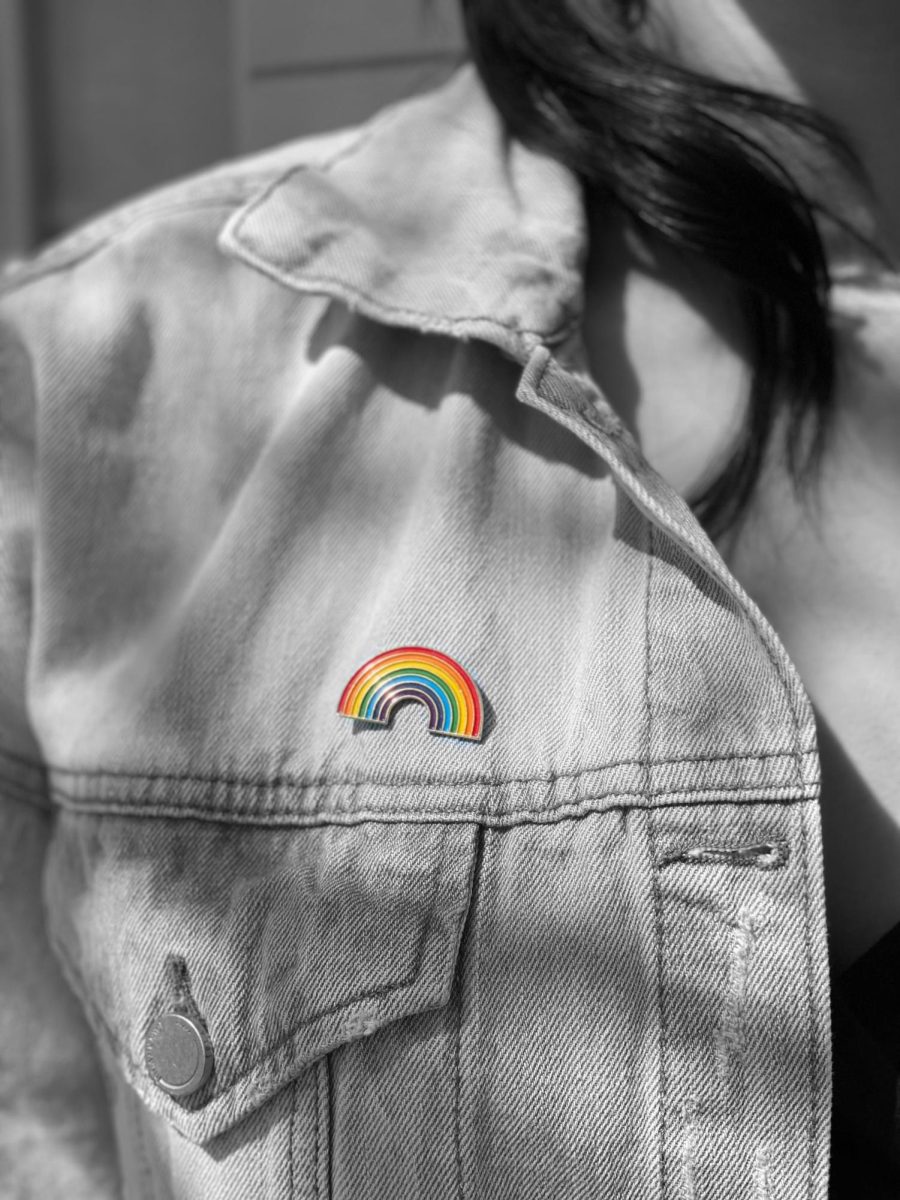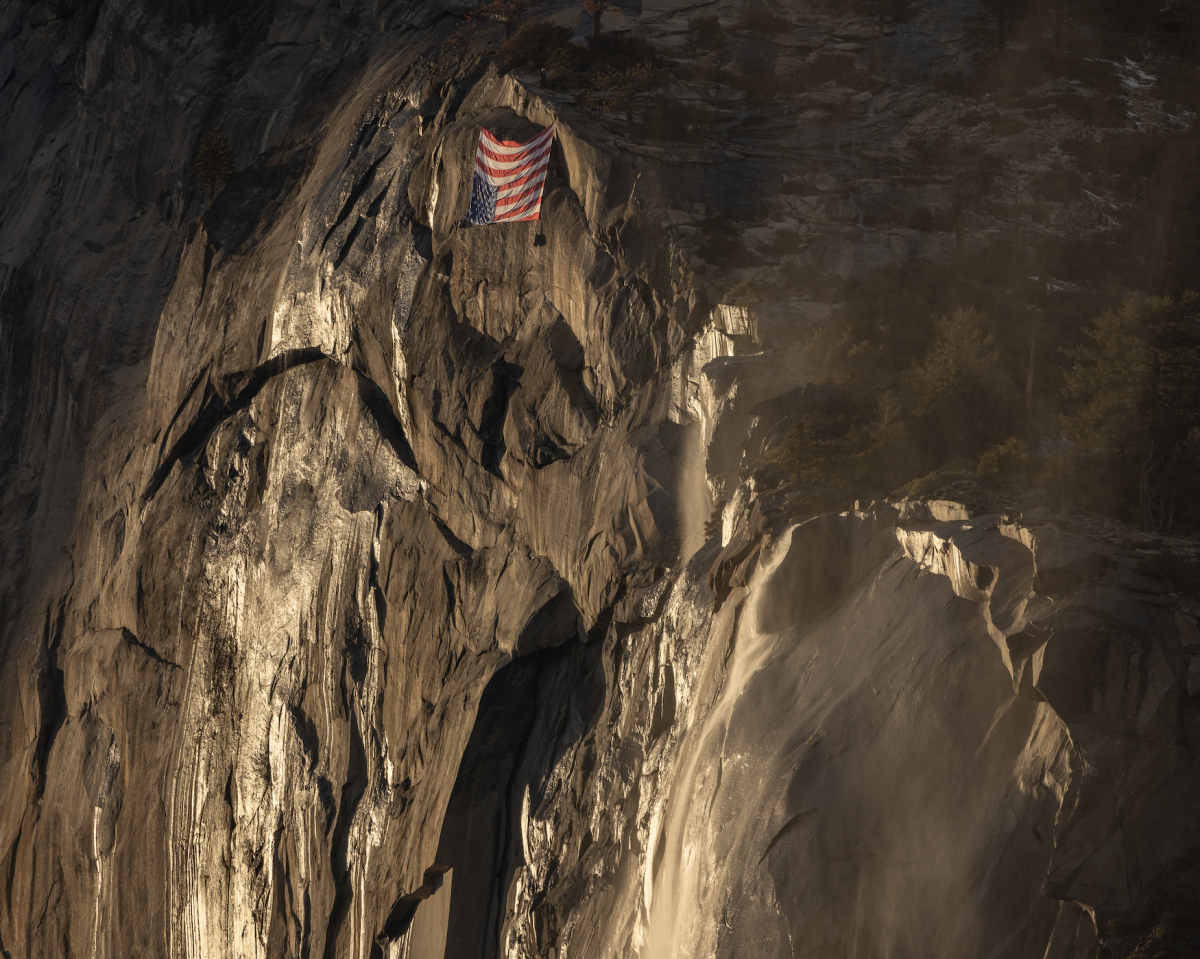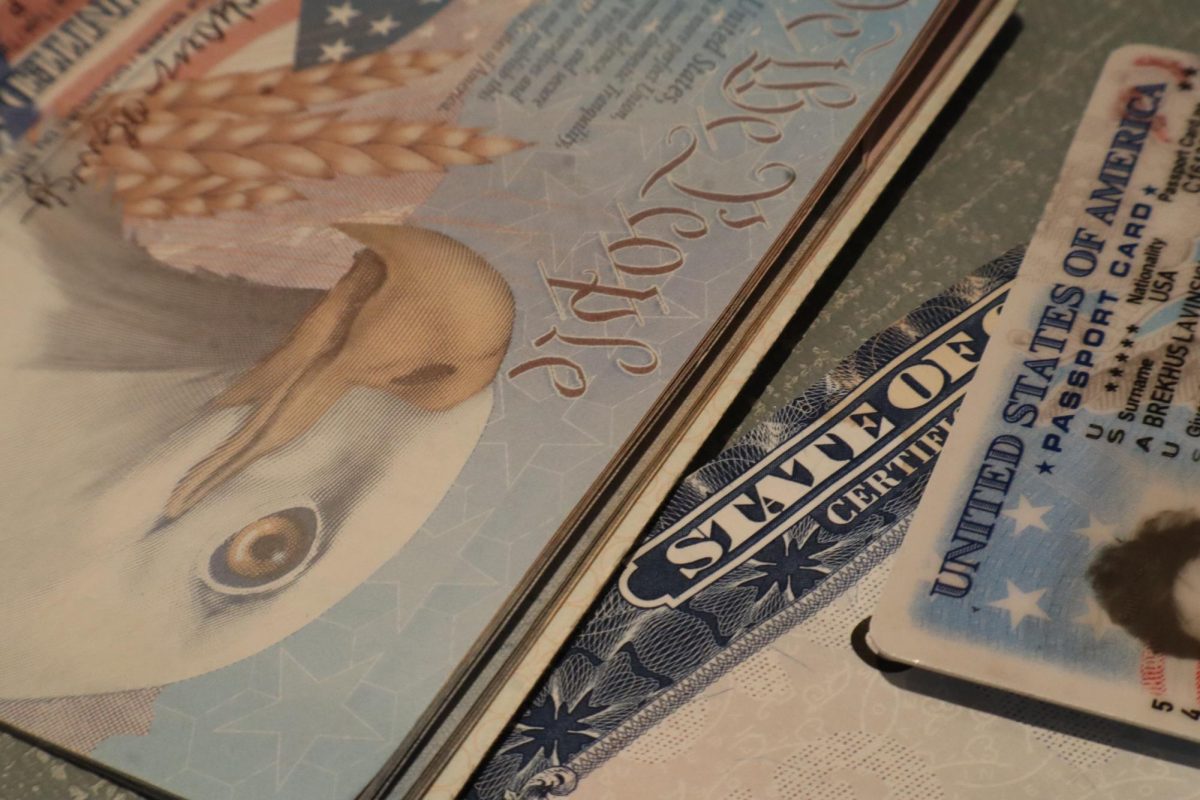
The 46th year of the Mill Valley Film Festival (MVFF) has finally come to an end after ten days of premieres, interviews and one of a kind screenings. The event rolled out the red carpet through Oct. 5 to 15, with a packed lineup of 148 films.
The festival offered filmmakers, of all genres and career experience, the opportunity to showcase their work. For Joane Parsont, director of education for the MVFF, the goal was to showcase independent filmmakers on the same platform as larger films from Hollywood — allowing for a remarkably diverse circuit.
“One of the main reasons [we show independent filmmakers] is about diversity of different perspectives and cultures. So people see representations of themselves on screen, but also of unfamiliar cultures,” Parsont said.
Oftentimes Hollywood films present a very narrow perspective. In which only 1.7 out of 10 film directors are people of color and only 1.5 out of 10 are women, based on data from University of California, Los Angeles. Parsont shared how the MVFF makes an effort to combat these disparities, starting with film selection.
“Being a programmer is very subjective. [What movies you] like is based on your personal experiences. … So we’ve diversified our programmer pool and our screens are full of different perspectives for that reason,” Parsont said.

In 2015 the festival initiated the Mind the Gap program to reduce gender inequity; this year more than 50 percent of filmmakers at the festival were women. This season their focus extended to fostering greater intersectionality among underrepresented filmmakers, whether non-binary, racially marginalized or even youth.
Some notable programs highlighting the range of independent filmmakers from MVFF included: “Frybread Face and Me,” “I am Hope” and “Youth Works.”

In this passionate documentary filmed over the course of two and a half years, Director Shaka Jamal Redmond implements the first ever mindfulness and yoga program for Oakland middle schools. The film showcases students’ struggles and hopes while shining a light on the possibilities of mindfulness as a transformative practice for students across the country. Redmond expressed his hopes for the impact of the film.
“We need the mindfulness curriculum inside the schools, the community, organizations, homeschoolers and even corporations where people need a different perspective on life just by connecting to the mind,” Redmond said.

Set on a Navajo reservation, the film follows 11-year-old Benny who is reluctantly sent to Arizona for the summer where he learns to bond with his grandmother, cousin Dawn aka “Frybread Face” and his Navajo heritage. Despite focusing on native life in a reservation the film still offers the same familiarity of a coming of age drama. For director Billy Luther, this humorous yet thoughtful narrative style film pays tribute to Luther’s own childhood and indigenous background. It was shot within a short 20 day time span and contains a full indigenous cast.

A collection of 13 short-films selected by teens, showcased an international cohort of storytellers under 18. The shorts included genres from animation, documentary and horror, to comedy and drama. One of the featured films was “binary.” — a soulful 14 minute journey following the struggles of gender identity. The screening of “Youth Shorts” is one of few opportunities for rising artists to showcase their work, including Harper Miller, student at Archie Williams High School and writer and director for “binary.”
“It’s very rewarding to showcase a story about mental health because it’s so underrepresented. … I’m also planning on going to film school so it was amazing to have my first experience in the film industry,” Miller said.
For the full lineup from this year’s Mill Valley Film Festival, visit mvff.com.







